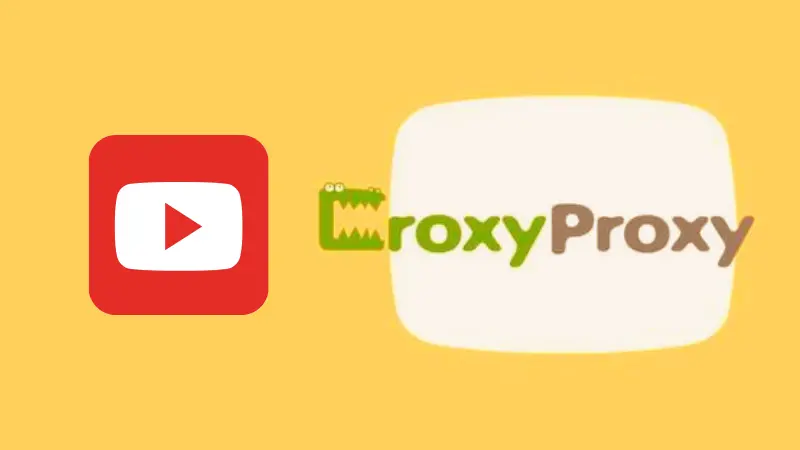Internet access to most homes and even businesses is almost as essential as other utilities. Several companies utilize the internet for everything from credit card processing to customer communication. In addition, an increasing amount of home users depending on the internet as a primary source of entertainment as a result of the rapid growth of social media and video streaming services.
With so many internet providers to choose from, settling for an internet service provider can often feel overwhelming. When choosing an internet service provider, it helps to assess a few elements before signing your name on a dotted line. Here are a few factors to take into consideration when choosing an ISP that is right for you.
What Should You Consider When Choosing an Internet Service Provider
1. Reliability
It’s important to choose an internet service provider that is reliable. To guarantee that you don’t choose an unreliable ISP, you should do a little research and check out their reviews to see what people say about their experience with that ISP.
Keep in mind that the provider isn’t solely responsible for how reliable the internet will be. Outside factors such as adverse weather can interfere with your internet connection. So it is also essential to factor in the kind of connection you have when gauging what ISP would be right for you.
2. Cost
Internet service provider costs often vary depending on where you are situated and the type of service. It will be up to you to decide how much money you want to spend on your internet. However, before determining how much you are willing to spend, you should first assess your needs.
For instance, if you are running your business remotely or have a house full of teens, you might have to splurge on your internet. Whereas, if you live alone and don’t use that much internet during the day, you should opt for an inexpensive option.
It is also significant to think about the cost in regards to the contract. While some internet providers draw up contracts that last up to 2 years, others are year-long or even shorter.
3. The Type of Connection
There are a few different options for you to choose from when it comes to the type of connection:
- Fiber-Optic – This is one of the most reliable and fastest types of internet connections. The only downside is that it is usually costly and isn’t available in every market
- Cable – This internet connection’s speed is often determined by the number of people using it in your area. For instance, if you try to stream a movie while several other people are using it, the connection will work at a slower speed
- Digital Subscriber Line – DSL is amongst the cheapest internet options with several speeds to choose from. Still, the speed will depend on your location and how far it is from your provider. The farther you are, the weaker the connection
- Satellite – Although this connection is a widely available option that is accessible even to individuals in an underserved market, it tends to be slower than other internet connection types
- Cellular Technology – This connection combines all the four primary internet connections under a single plan. It is an excellent option for individuals in rural areas and those who often travel since you can go with it anywhere
4. Availability
Before determining what ISP would best suit your needs, you should be aware of the available options in your area. People who live in urban areas are likely to have more options than those living in rural areas. Fortunately, the availability of internet connections has improved in recent years to cover both urban and rural areas.
5. Speed
No one would want to spend an entire day on their computer waiting for a file to upload or a download to complete. When choosing an internet service provider, you should consider the download and upload speed, especially if you are an avid gamer, work from home, or stream videos regularly. Still, you don’t have to purchase extremely fast internet that you probably won’t need and can’t afford.
6. Security
When choosing an internet provider, it is also vital to consider security. Investing in an ISP with adequate security is key to protecting your private, personal data.
7. Equipment
Most internet connections need a modem or router. If you have one of your own, you won’t have to worry about additional costs when installing your internet. However, if you don’t have one, you will have to rent one for $5 – $20 every month from your ISP in addition to your monthly internet plan.
Additionally, you will have to pay your provider to install the equipment. So, it’s best to thoroughly research for options that wouldn’t burn a hole in your pocket.
8. Customer Support
Even with the best connection, you are bound to encounter a few technical difficulties with your internet. Not many people are tech-savvy, so it would be best to opt for an ISP with a stellar reputation for prioritizing customer satisfaction. The best way to learn about an ISP’s customer service is through their customer reviews.
Start Your Search Today!
Choosing the right ISP is a critical decision that impacts your home’s or business’s connectivity. Hopefully, by taking the factors outlined above into consideration, you will be able to find an internet service provider that works for you.
Read Also: How to Find the Most Reliable Cable TV Provider in My Area?















